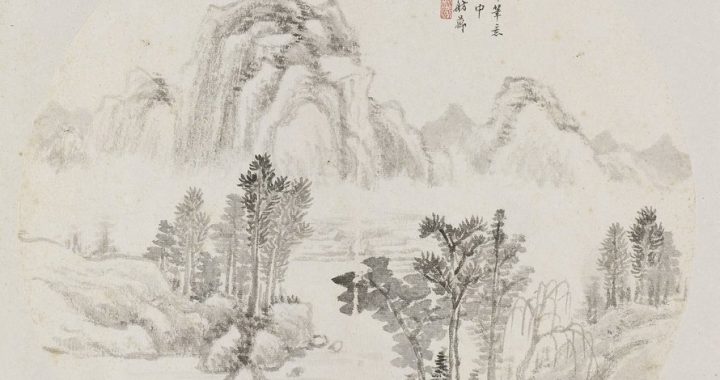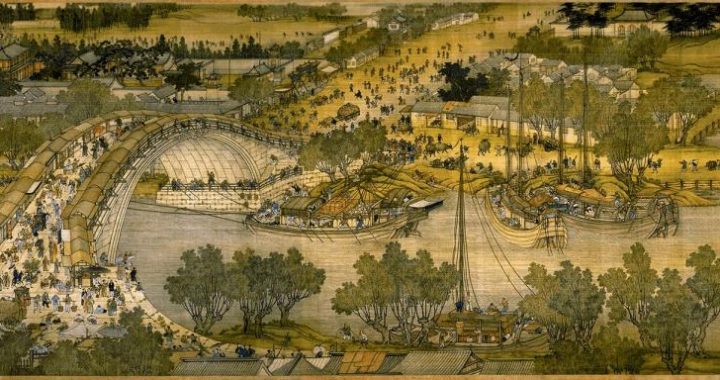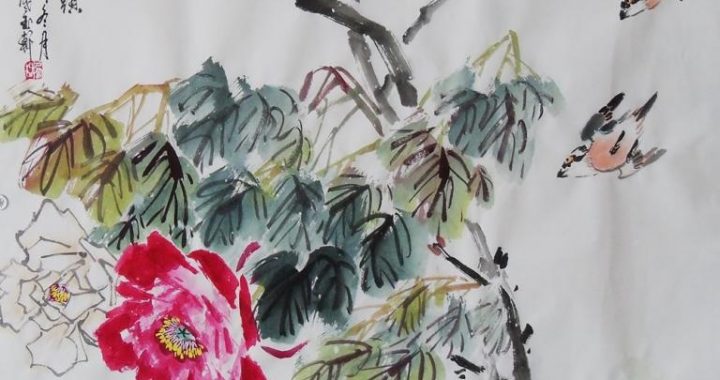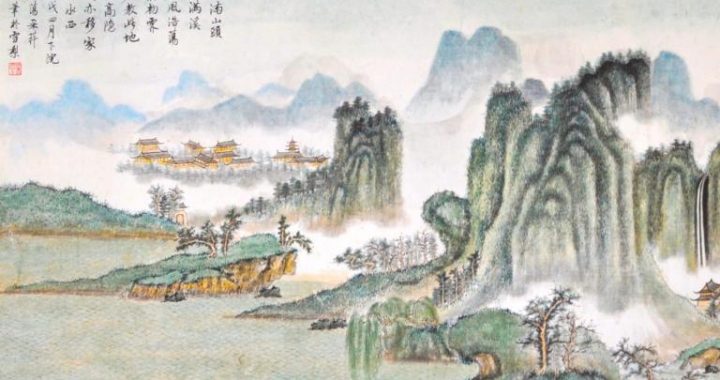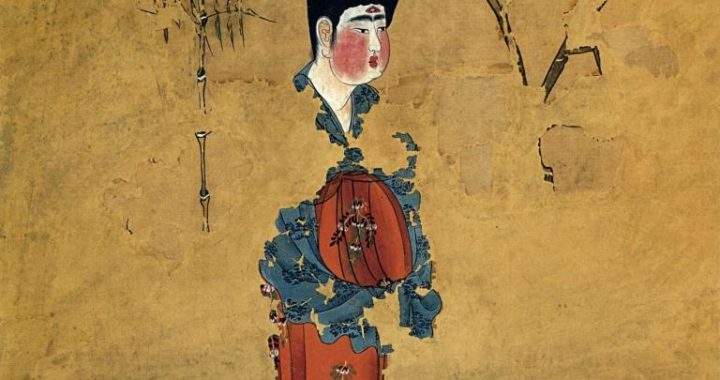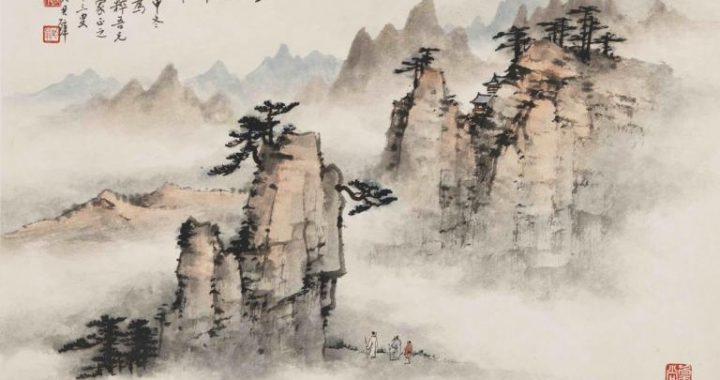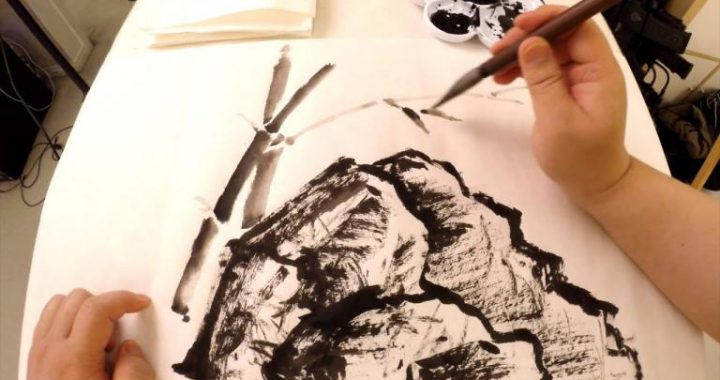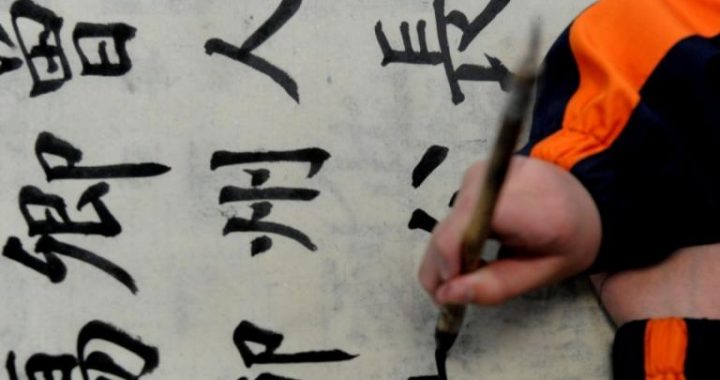What is weiqi?
3 min readWeiqi is the Chinese name for the classic board game usually known in English as Go(from the Japanese go).It has never been as popular in terms of mass support as xiangqi(Chinese Chess),but in recent years professional players have emerged in China to challenge the top Japanese masters,and from 1970 onwards public interest in weiqi has grown in China.
A full-size weiqi board has a grid of 19 horizontal and 19 vertical lines.The lines are thin and black,and the grid contains 361 intersections.180 white round pieces and the other 181 black pieces are used.These are called”stone pieces.”The basic rules are charmingly simple and easy to learn.Two players use their respective stone pieces to compete for territory on the surface of the board,in turn placing their pieces on the grid intersections.These pieces are not moved,but they may be captured,singly or in groups,by a player when he surrounds them.The winner is the player holding more of the board at the end of the game,which comes when both players agree that it is over.

What is the history of weiqi?
It is generally thought that the weiqi’s equipment(black and white stones)is in existence for purposes of divination before the game rules were hit upon,and that some forms of the game have been around for 4,000 years.Accounts of weiqi quote a legend saying that a man named Yao invented weiqi in order to instruct his son Dan Zhu .Between the Spring and Autumn Period and the Warring States Period,weiqi developed rapidly.Later,in the Han Dynasty both 17×17 and 19×19 boards co-existed.In the Three Kingdoms Period,it seems that weiqi experienced one of its times of peak interest.Between the Jin Dynasty and the South and North Period,the present full-size weiqi board began to be formalized.

During the South Period,weiqi-ranking sets began to be used.Players who were competent were ranked,from one to nine,the highest rank.Weiqi was thought to illustrate the classicalmilitary theory of Sun Zi and subsequent military strategists,and during the Tang Dynasty,weiqi experienced another time of peak interest.At that time,it was regarded by literati as one of their important intellectual pursuits.During the later Song Dynasty,weiqi began to lose its linkage with military thought and came to be regarded simply as a skilled competitive game.Along with full-time professional weiqi players,many of literati enjoyed playing it.Moving forward to 16th and 17th centuries,we find a large amount of materials concerning game strategies that show that weiqi was played at a level of proficiency beyond today’s amateurs.
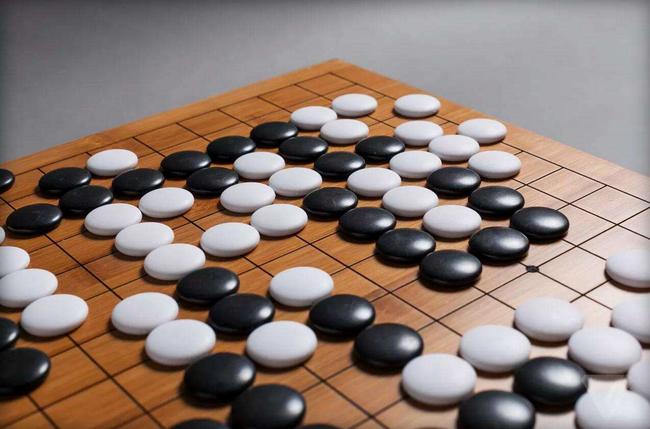
Weiqi was taken to Japan before the year 1000,and it was cultivated at court and in certain Buddhist sects.In the 1950s,a professional weiqi system was established in Korea,when weiqi master Cho Nam-chul returned from professional training in Japan.Today weiqi is more popular in Korea than anywhere else in the wor1d.It is estimated that from five to ten percent of the population regularly plays it.
